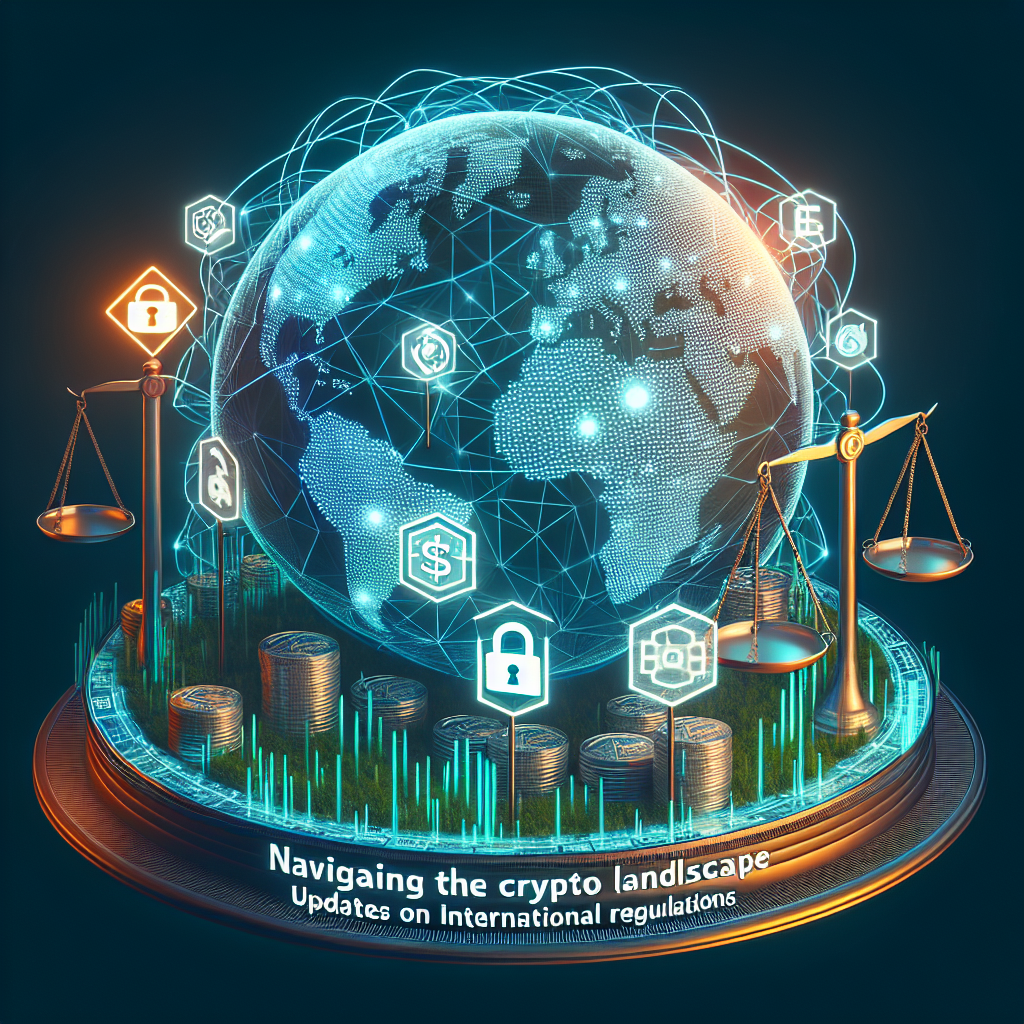The world of cryptocurrencies is constantly evolving, with new regulations and updates affecting how digital assets are bought, sold, and regulated around the globe. Navigating the ever-changing landscape of cryptocurrency regulations can be a daunting task for investors and users alike. Here are some updates on international regulations to help you understand the current state of affairs in the crypto world.
One of the biggest developments in recent years has been the increased scrutiny of cryptocurrencies by governments and regulatory bodies. As digital assets have become more popular, regulators have become more concerned about the potential risks they pose, such as money laundering, tax evasion, and consumer protection issues. This has led to a wave of new regulations aimed at bringing cryptocurrencies into line with traditional financial systems.
One of the key areas of focus for regulators has been to ensure that cryptocurrency exchanges and wallet providers comply with anti-money laundering (AML) and know your customer (KYC) regulations. In many countries, exchanges are now required to verify the identities of their users and report any suspicious transactions to the authorities. This has made it harder for criminals to use cryptocurrencies to launder money or engage in other illegal activities.
In the United States, the Securities and Exchange Commission (SEC) has been cracking down on initial coin offerings (ICOs), which are a popular way for companies to raise funds through the sale of digital tokens. The SEC has ruled that many ICOs should be considered securities offerings and therefore subject to existing securities laws. This has led to a sharp decline in the number of ICOs being launched in the US, as companies seek to avoid running afoul of the SEC.
In Europe, the European Commission has proposed a new set of regulations aimed at bringing greater transparency to the cryptocurrency market. The proposed regulations would require cryptocurrency exchanges and wallet providers to register with financial authorities and comply with AML and KYC regulations. The regulations would also require companies to disclose information about the owners of wallets when conducting transactions above a certain threshold.
In Asia, countries like South Korea and Japan have taken a more permissive approach to cryptocurrencies, with both countries legalizing the use of digital assets as a form of payment. However, both countries have also imposed strict regulations on cryptocurrency exchanges, requiring them to comply with AML and KYC regulations and undergo regular audits to ensure compliance.
Overall, the regulatory landscape for cryptocurrencies remains fluid and ever-changing. Investors and users alike must stay up to date on the latest developments to ensure they are compliant with regulations in their country and can avoid any potential legal issues. As more countries continue to develop regulations for cryptocurrencies, it is likely that the industry will become more standardized and safer for users in the long run.


